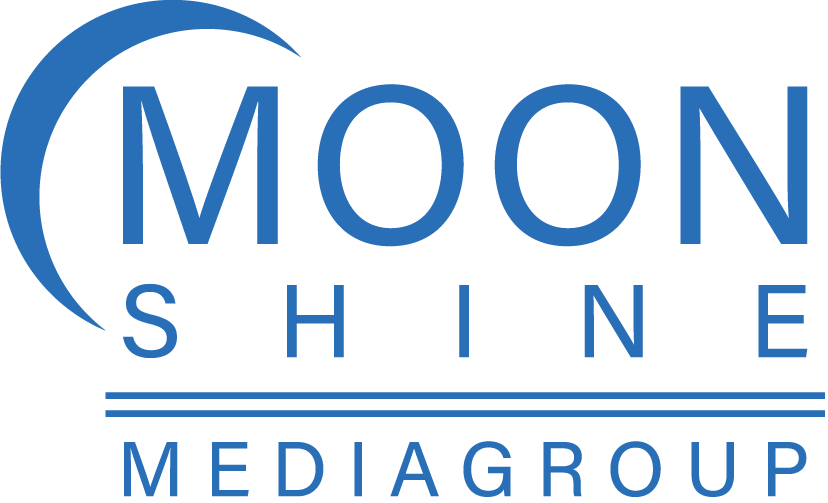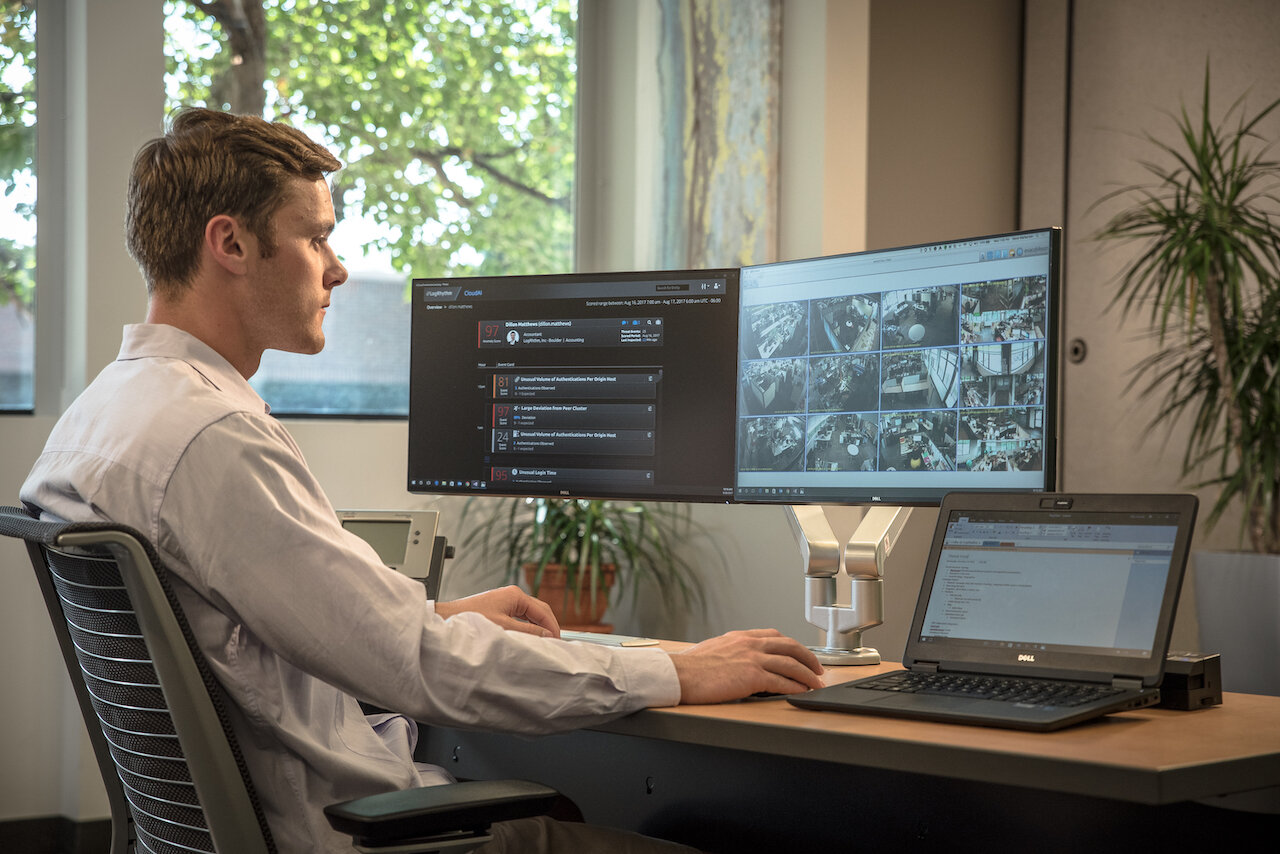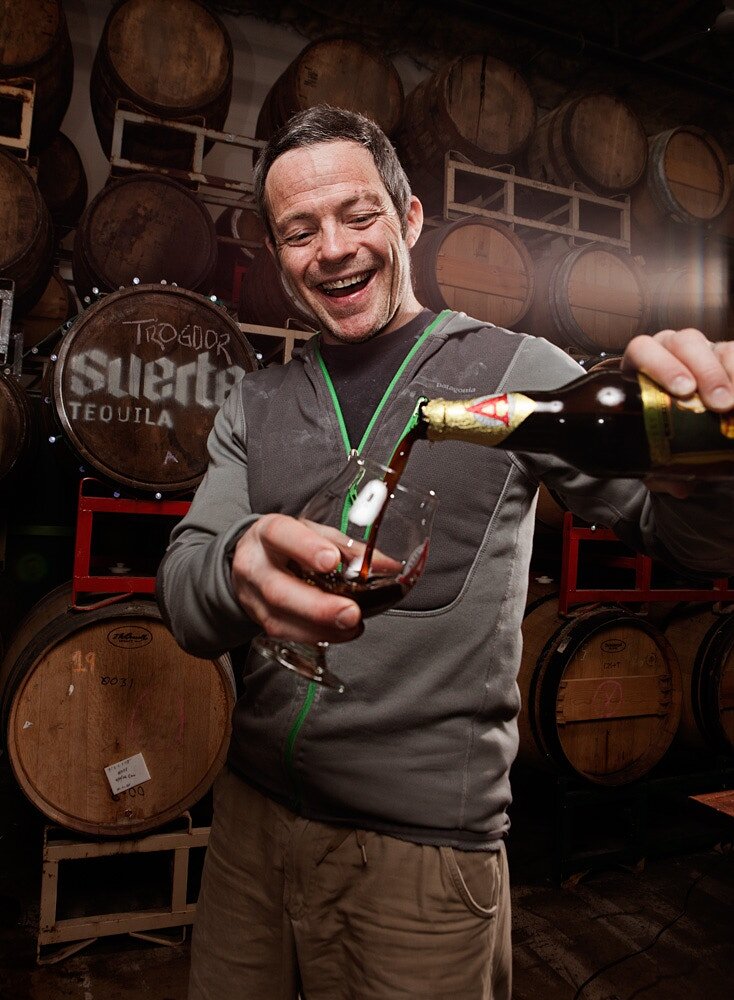Corporate Video Company
The Expert vs. the Amateur
As photography grows in popularity, accessibility and demand, so too has the growth in the number of folks who claim to be experts at the craft. Undeniably, there are immensely talented and inspirational photographers working today, but for every top talent shooter there are at least 30 charlatans. I’ve compiled a comprehensive breakdown on what separates these goofballs from the icons of photography.
Call us. Let’s discuss your photography project.
720-722-2281
Finding your perfect photographer and things to recognize when working with an expert.
No two photographers will approach a shoot the same way. It’s important that you get to the foundation of a photographer’s grasp of the industry and business knowledge to make sure you get a perfect fit.
First things first, scour their portfolio and ask if they have examples of what you are aiming for. While this may seem like common sense, it’s important that you don’t mistake a collection of pretty photos as being the right fit for your needs. An amazing landscape photographer may struggle with lighting fine details on say, something like an intricate watch. Every process has its own areas of expertise and it takes years to become extremely proficient in a specific category. Some people do it all and do it all well, but these folks are few and far between. Ask the specific photographer you are curious about if they have examples that may not be in their portfolio. For instance, I have done 100’s of wedding and real estate photos. I omit those from my portfolio because I have a focus on product photography and my marketing has been geared to drive in clients searching for a specialist in that category. That doesn’t mean I can’t shoot them and shoot them well.
An expert, often times, has a team of people behind them. For instance, Moonshine Media Group has a photographer, a creative director and a producer on every photography shoot. This allows the people with in depth awareness of the various stages to shoulder the many tasks leading up to, during and after the shoot and lets the photographer focus on the final image. An amateur tends to handle 100% of the shoots many responsibilities and, as a result, is likely to omit, forget or brush over quickly the duties needed to have a successful shoot.
Once you have your eye on who you think may be a good fit, come up with a thorough list or description of what you would like to have shot. Be specific, i.e. We have 10 executives who need unique headshots and they will all be in the office on the 14th. Or, I have 13 products that I would like shot on white for amazon. Each product needs a photo from the front, back side and top. We are going to put the product up in 3 weeks. Or, we are hoping to do a print campaign in which we will run a billboard, a magazine spread and web banners. We would like 3 unique shots and were looking at a farm for one, a warehouse for one and a grocery store for the last.
The idea here is to get to the price quote as fast as possible.
An expert will need you to list all of these elements out and likely much more than this because the contract will need to be very specific. Someone who isn’t a top tier expert will often show up and wing it and “get what we get” and may never even mention a contract. This can be acceptable for an event coverage as the number of photos simply is unpredictable but will leave you in a bind searching for someone else to re-shoot if your photographer wasn’t detailed enough and perhaps simply relied on trying to recall what was said over the phone weeks prior when you first reached out.
The questions they ask in the stage of the process could be literally anything, and what they ask isn’t as important as the fact that they are digging into the project. The point is, you should be looking at how thorough they are in asking about the upcoming shoot. Ignorance here will only compound as the project progresses and can even cause the whole thing to fall apart.
Photography is far from a cheap hobby, let alone a profession. Don’t be shocked if the photographer says their day rate is in the thousands and that’s just for them to show up. This doesn’t cover things such as pre and post production, equipment rentals, models, food, travel and just about any additional overhead costs your specific idea requires.
A good photographer has spent as much or more time as any top tier experts in their line of work so be prepared to pay them as such. An amateur is likely to shy away from the money conversation altogether and then surprised you randomly with the conversation at any stage of the production.



